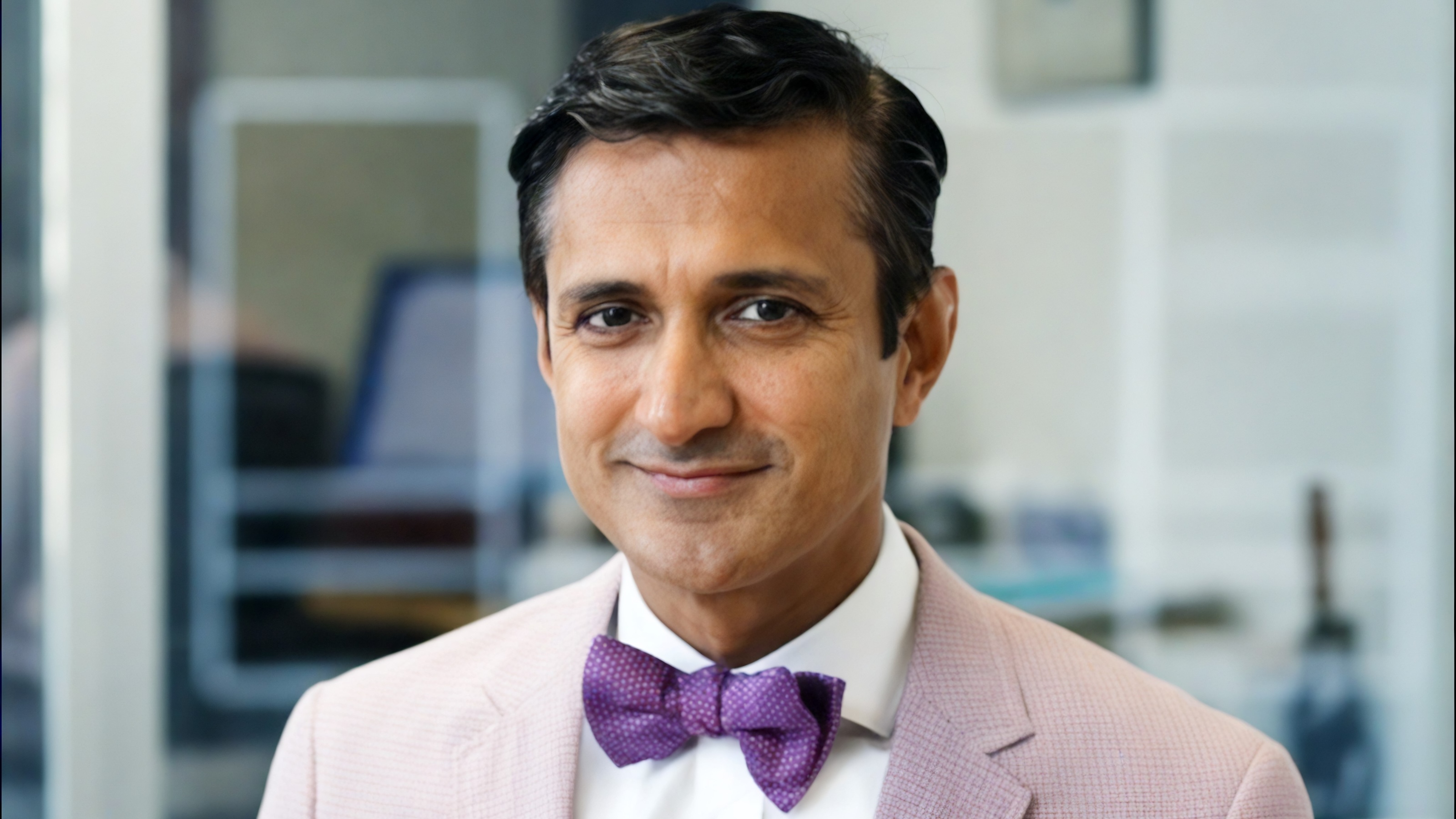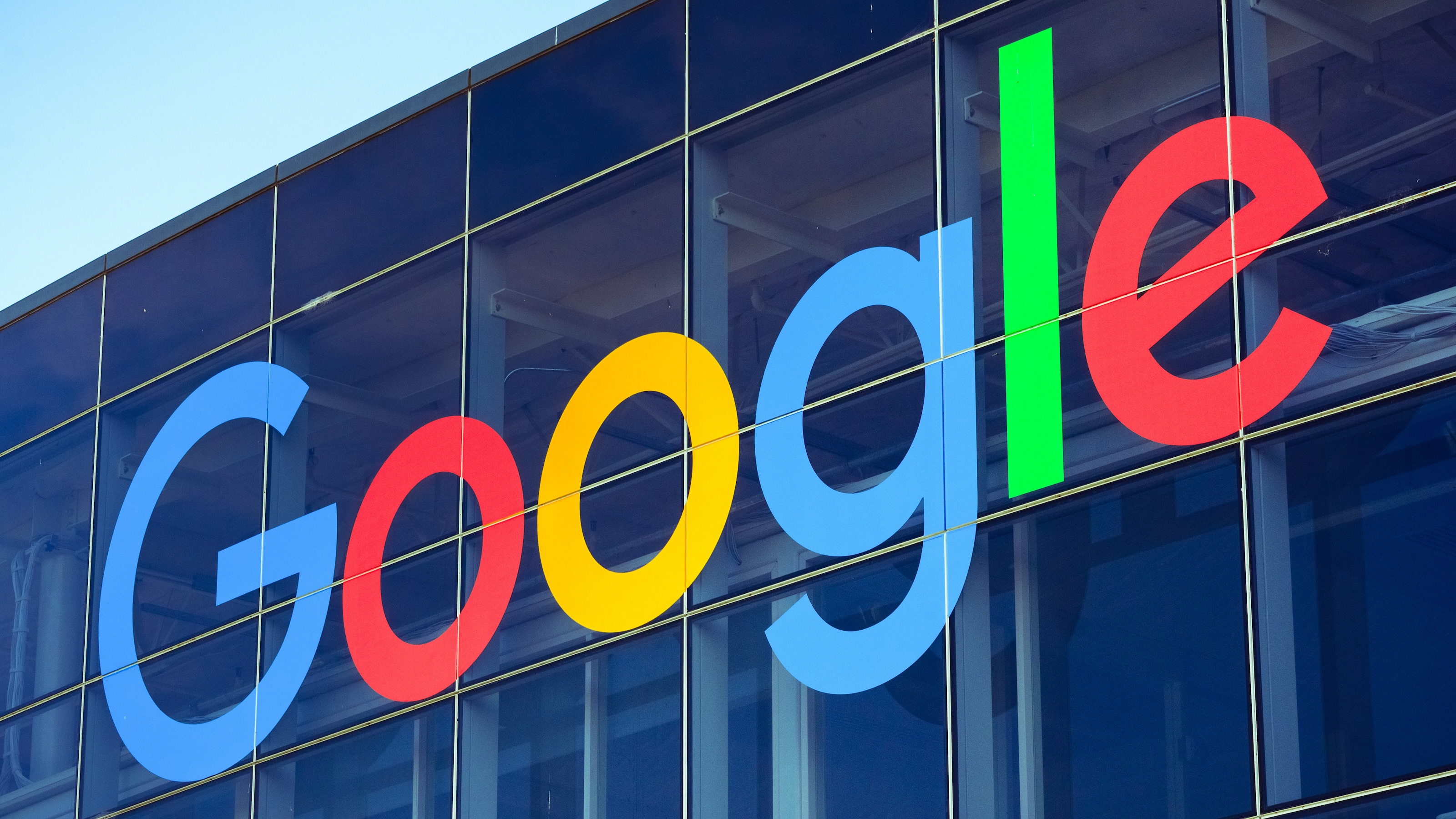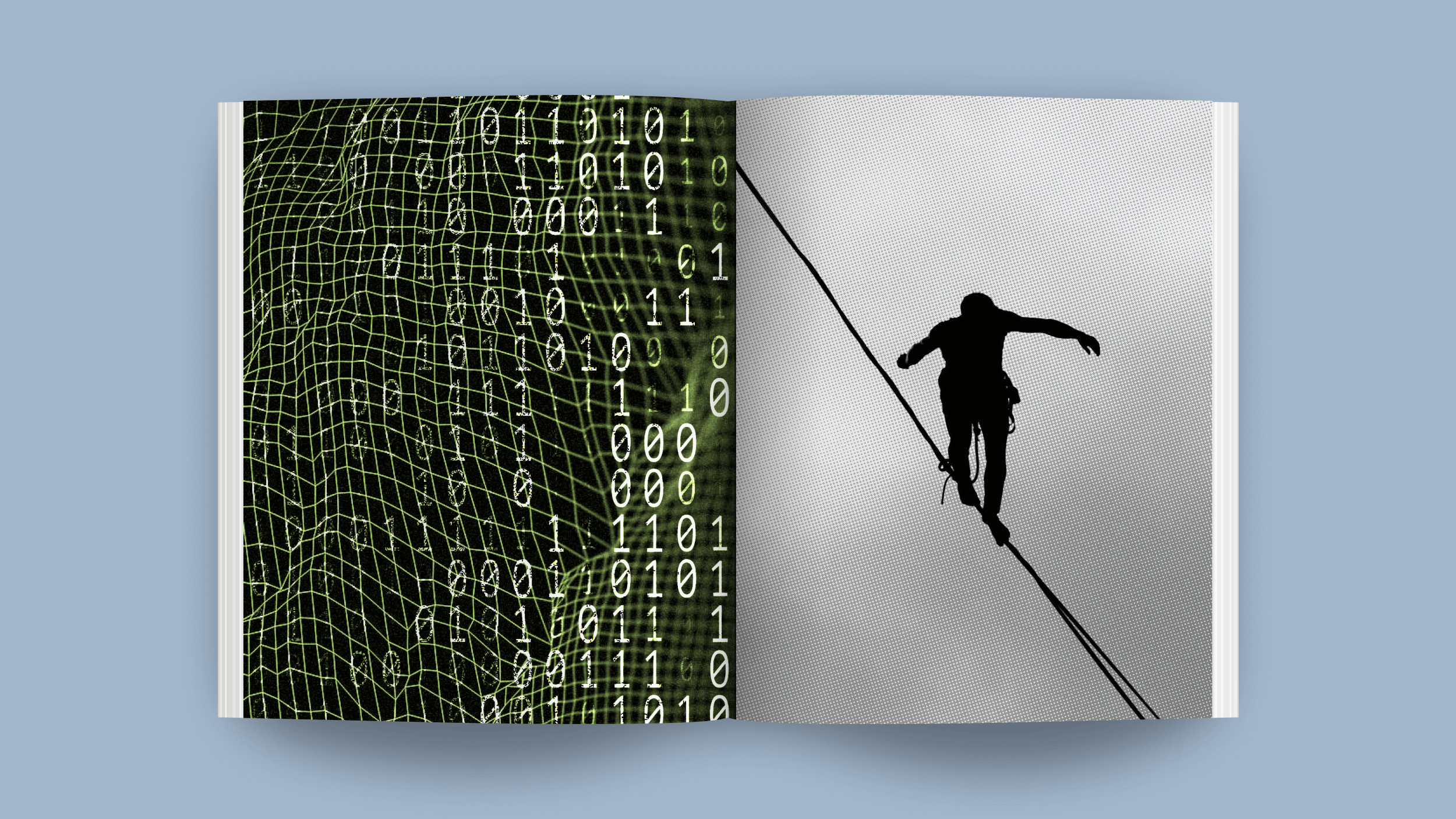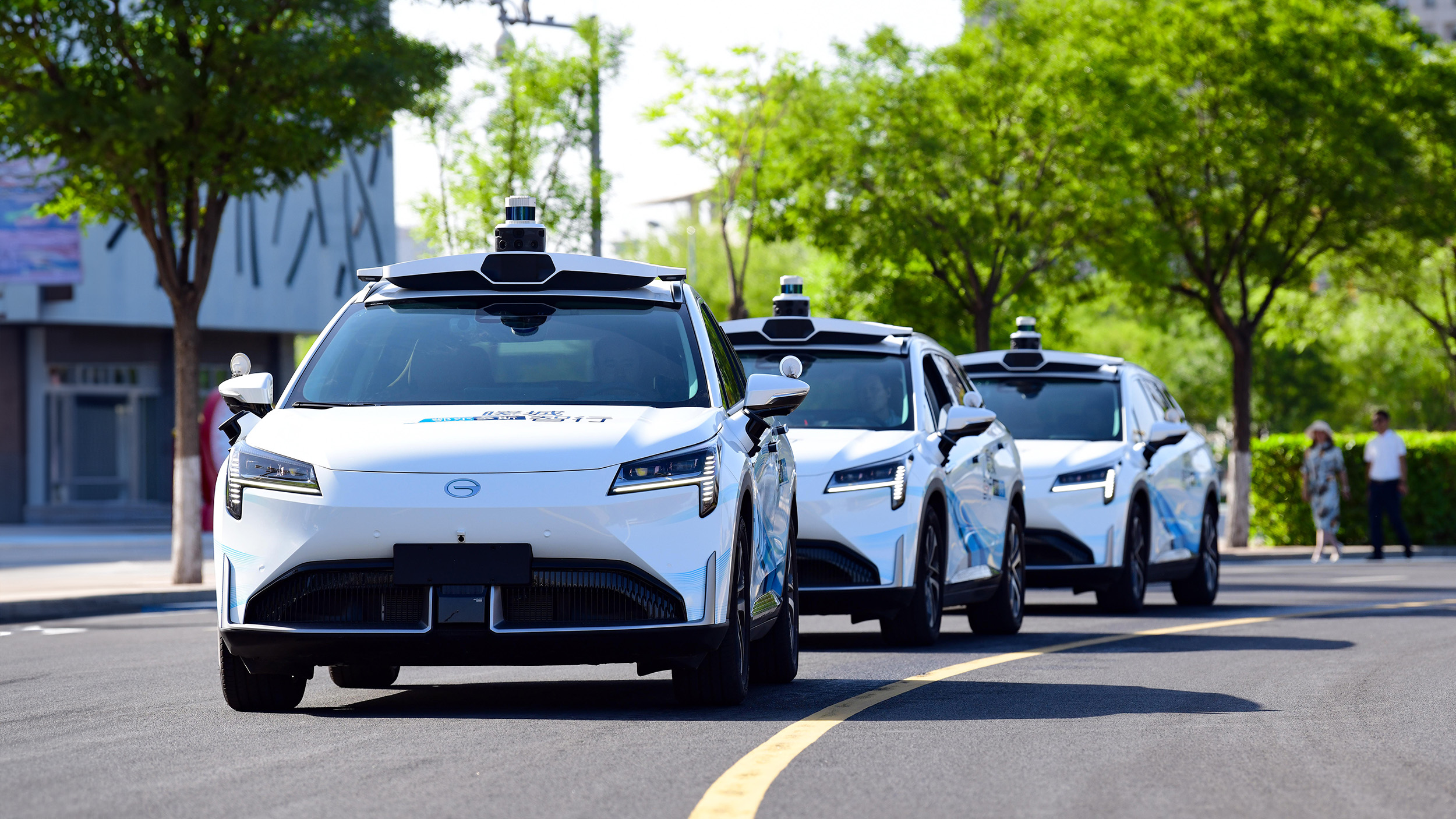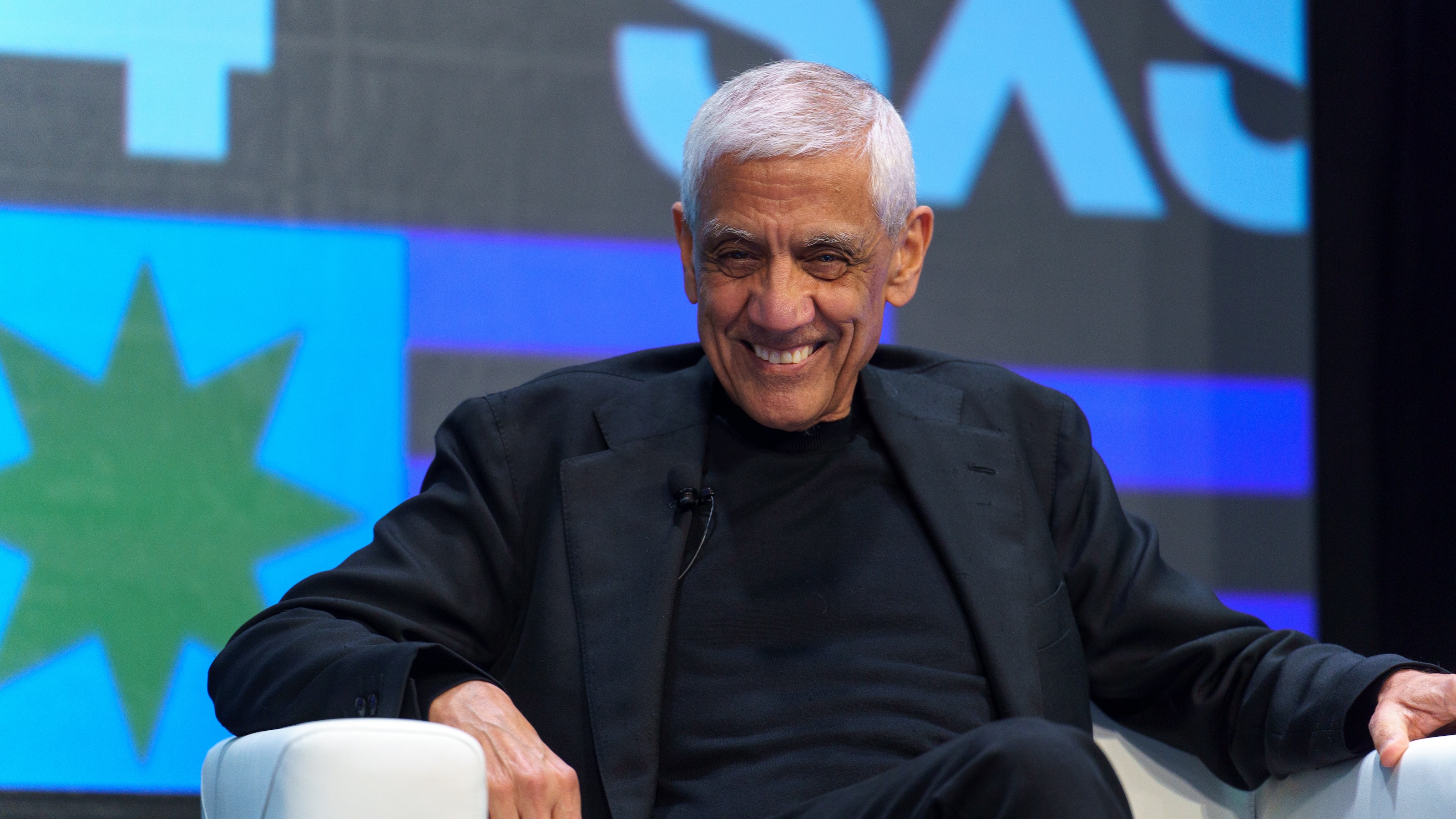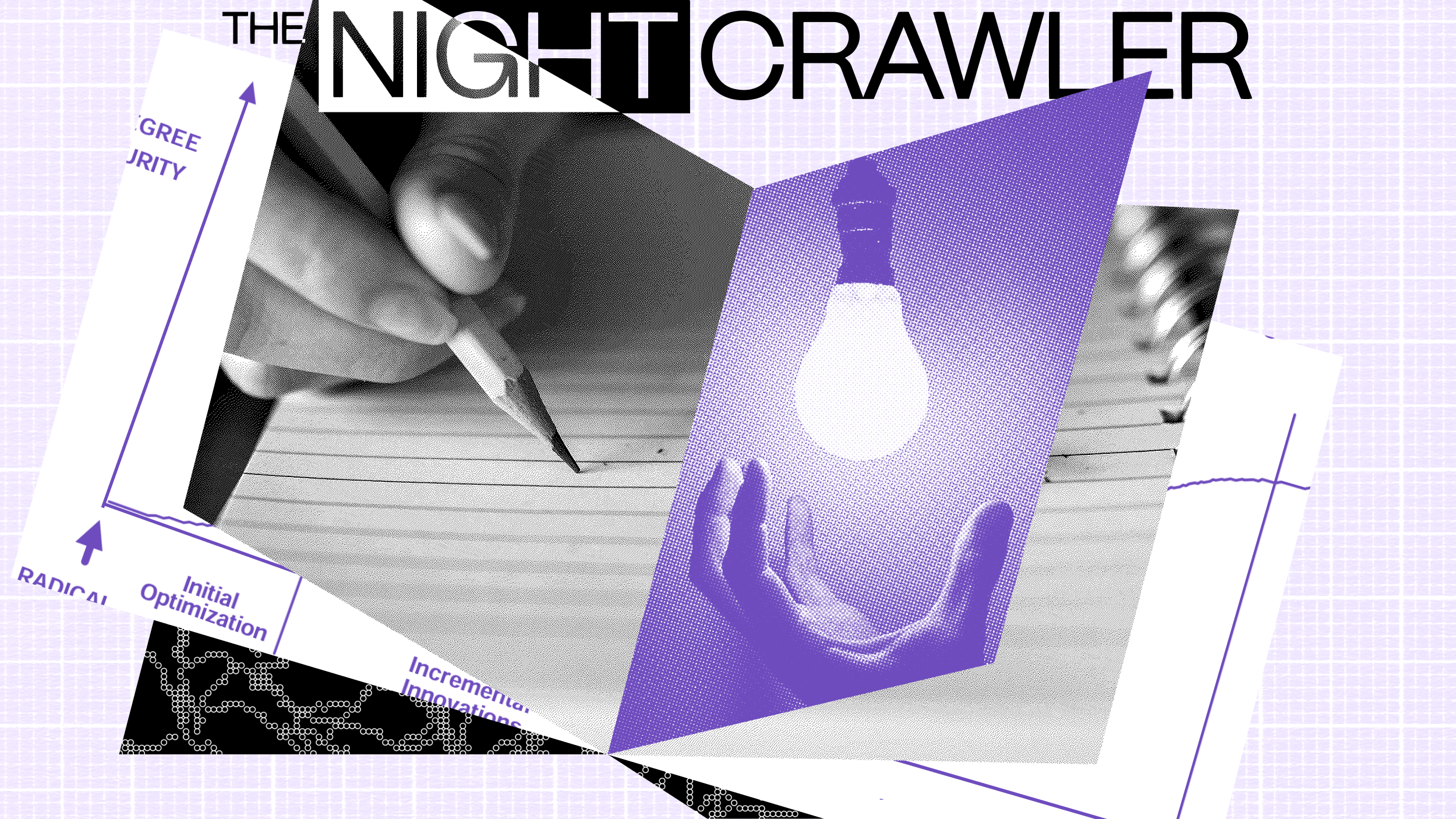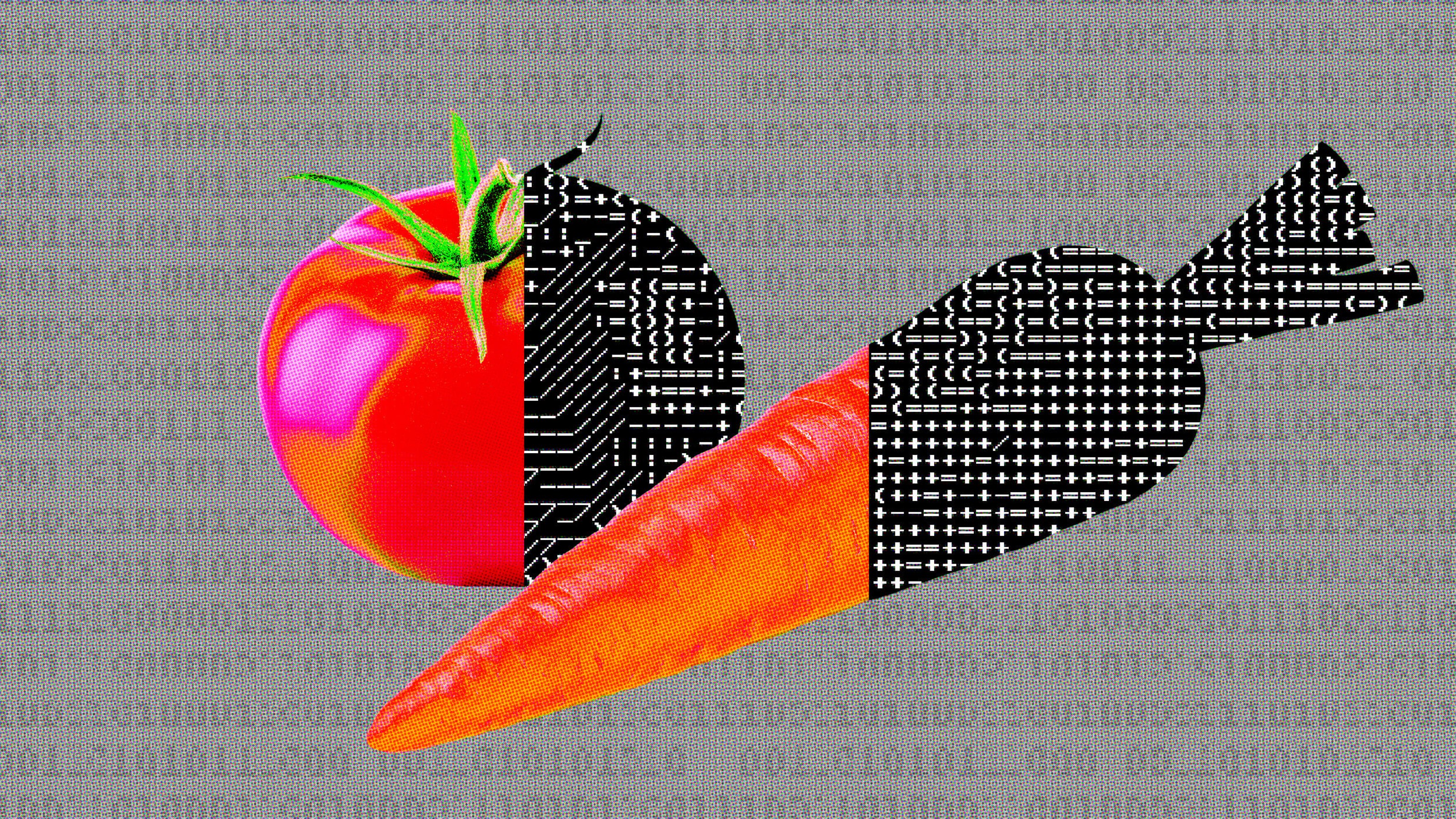ai
Welcome to The Nightcrawler — a weekly newsletter from Eric Markowitz covering tech, innovation, and long-term thinking.
Chetan Dube — founder and CEO of Quant — tells Big Think why a pivotal and monumental year for agentic AI has just begun.
Why the advertising legend — and author of Alchemy — believes that inefficiency can be genius and insects can unlock innovation.
Welcome to The Nightcrawler — a weekly newsletter from Eric Markowitz covering tech, innovation, and long-term thinking.
The cognitive scientist argues the current AI environment is failing us as consumers and a society. But it’s not too late to change course.
The tech world’s fixation on artificial intelligence has spawned beliefs and rituals that resemble religion — complete with digital deities, moral codes, and threats of damnation.
And can we run the grid of the future without AI?
Encouraging thoughtful responses over impulsive reactions can help prevent AI exploitation in decision-making.
Welcome to The Nightcrawler — a weekly newsletter from Eric Markowitz covering tech, innovation, and long-term thinking.
“Could you create a god?” Nietzsche’s titular character asks in “Thus Spoke Zarathustra.”
With no reliable way to discern the author of an artwork, we may eventually abandon the question of whether something was made by humans or not.
“Personhood” credentials could cleanse the internet of bots — but are the costs worth it?
A National Center for Data and Evidence could supplement our archaic and expensive system and more accurately measure AI’s impact on jobs.
The Wharton School professor — and author of Co-Intelligence — outlines ways we can tap into the AI advantage safely and effectively.
The integration of artificial intelligence into public health could have revolutionary implications for the global south—if only it can get online.
“We can build AI scientists that are better than we are… these systems can be superhuman,” says the FutureHouse co-founder.
Welcome to The Nightcrawler — a weekly newsletter from Eric Markowitz covering tech, innovation, and long-term thinking.
While we’re busy wondering whether machines will ever become conscious, we rarely stop to ask: What happens to us?
AI software is rapidly accelerating chip design, potentially leveling up the speed of innovation across the economy.
Welcome to The Nightcrawler — a weekly newsletter from Eric Markowitz covering tech, innovation, and long-term thinking.
Welcome to The Nightcrawler — a weekly newsletter from Eric Markowitz covering tech, innovation, and long-term thinking.
Oxford professor of ethics, John Tasioulas, thinks we should consider the loss of opportunity for “striving and succeeding” that AI is likely to bring.
A crowdsourced “final exam” for AI promises to test LLMs like never before. Here’s how the idea, and its implementation, dooms us to fail.
Rather than allowing technology to exacerbate stress and disconnection, we can use it to actively support our wellbeing.
The best autonomous car may be one you don’t even need to own.
Welcome to The Nightcrawler — a weekly newsletter from Eric Markowitz covering tech, innovation, and long-term thinking.
Man seeking meaningful relationship at the intersection of on-demand empathy and Rule 34.
Welcome to The Nightcrawler — a weekly newsletter from Eric Markowitz covering tech, innovation, and long-term thinking.
Hackers are in an arms race with cyber defenders. Will AI tip the balance?
A simple plate of vegetables has found the gaping blindspots in generative AI, and points the way to fixing them.

